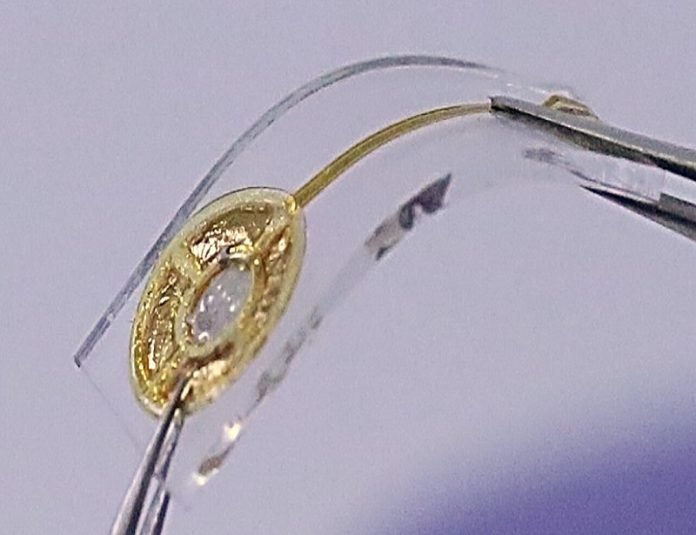
In a groundbreaking advancement, scientists have developed a remarkable ‘electronic tongue’.
This cutting-edge technology replicates the human sense of taste, offering a new horizon of possibilities in various sectors such as food, liquor, cosmetics, and pharmaceuticals.
The ‘electronic tongue’ is essentially an artificial taste sensor, crafted to identify different flavors and assess their characteristics accurately.
It works similarly to human taste buds, where it translates chemical information into electrical signals.
This information is then processed through a neural network, enabling the system to recognize different tastes.
Prior attempts at creating such a system faced challenges in accuracy and reliability, mainly because the focus was more on developing the sensor rather than integrating it with advanced technology.
Professors Jang and Choi’s teams have overcome these hurdles by combining the sensor with sophisticated deep-learning technology.
This new system features four specialized sensors, each dedicated to detecting one of the primary tastes: saltiness, sourness, bitterness, and sweetness.
The teams also designed a millimeter-scale well structure for the sensor element, ensuring stable and reliable measurements. A tailored deep-learning algorithm was then employed for effective taste analysis.
To demonstrate the potential of their invention, the research teams conducted tests with six different types of wine.
They used the electronic tongue system to profile each wine’s taste. Impressively, the system was not only able to distinguish the wines with over 95% accuracy but also recommended wines with similar tastes.
This success showcases the system’s vast applicability and reliability in various industries.
The potential applications of this technology are vast. For instance, in the food and liquor industries, it can be used for developing new products and ensuring quality control. In cosmetics and pharmaceuticals, it offers a new avenue for product development and quality testing.
Professor Kyung-In Jang expressed excitement about the breakthrough, noting that this new electronic tongue system is a significant step forward in the field.
It’s not just a sensor; it’s a combination of sensor technology and deep learning, capable of quantitatively evaluating complex flavors—a task that was challenging in the past.
The team is optimistic about further developing this technology for wider applications, including its use in the food industry and other diverse fields like cosmetics and pharmaceuticals.
This remarkable research has been published in the journal ACS Applied Materials & Interfaces, marking a significant milestone in sensor and deep-learning technology, with promising implications for various industries around the globe.



